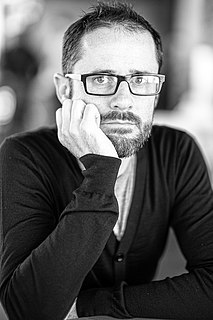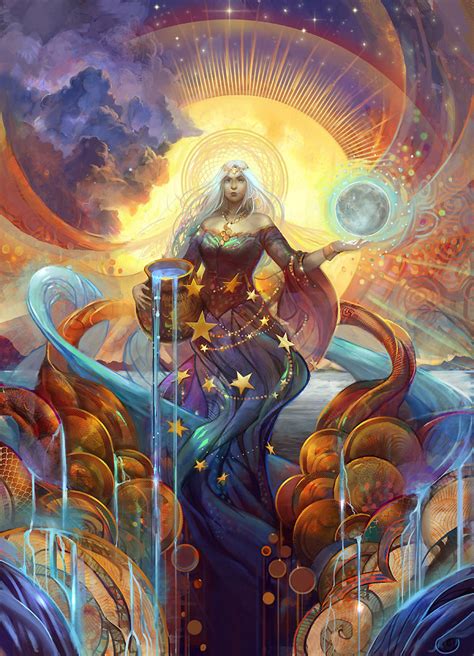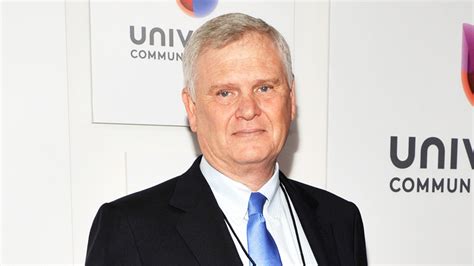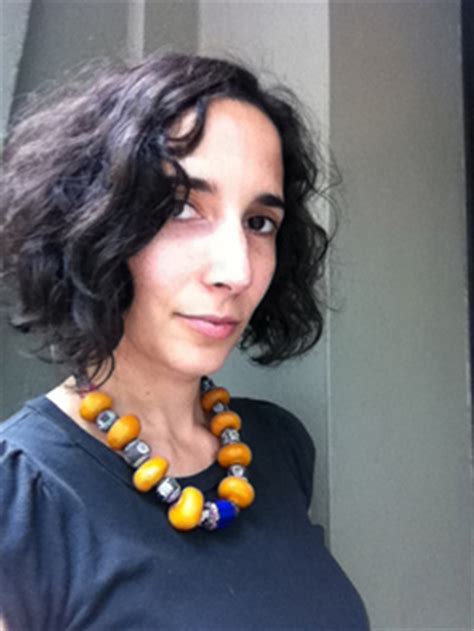A Quote by Evan Williams
Blogging and traditional media work together. Twitter complements traditional media.
Quote Topics
Related Quotes
PR got to be much bigger because of the emergence of digital media. Now we have hundreds of people who are, in a sense, manning embassies for Facebook and Twitter for brands. So the business in effect has morphed from pitching stories to traditional media, to working with bloggers, Twitter, Facebook and other social media, and then putting good content up on owned websites.
I've talked about how the future of journalism will be a hybrid future where traditional media players embrace the ways of new media (including transparency, interactivity, and immediacy) and new media companies adopt the best practices of old media (including fairness, accuracy, and high-impact investigative journalism).
ISIS uses traditional media platforms as well as widespread social media campaigns to propagate its ideology. With the broad distribution of social media, terrorists can spot, assess, recruit, and radicalize vulnerable persons of all ages in the U.S. either to travel to foreign lands or to conduct an attack on the homeland.
ISIL's widespread reach through the Internet and social media is most concerning, as the group has proven dangerously competent at employing such tools for its nefarious strategy. ISIL uses high-quality, traditional media platforms as well as widespread social media campaigns to propagate its extremist ideology.
Working with lots of old media clients, I've had a front-row seat on the ascension of new social players and the decline of traditional news outlets. And it's clear to me that old media has an awful lot to learn from social media, in particular in five key areas: relevance, distribution, velocity, monetization, and user experience.



































